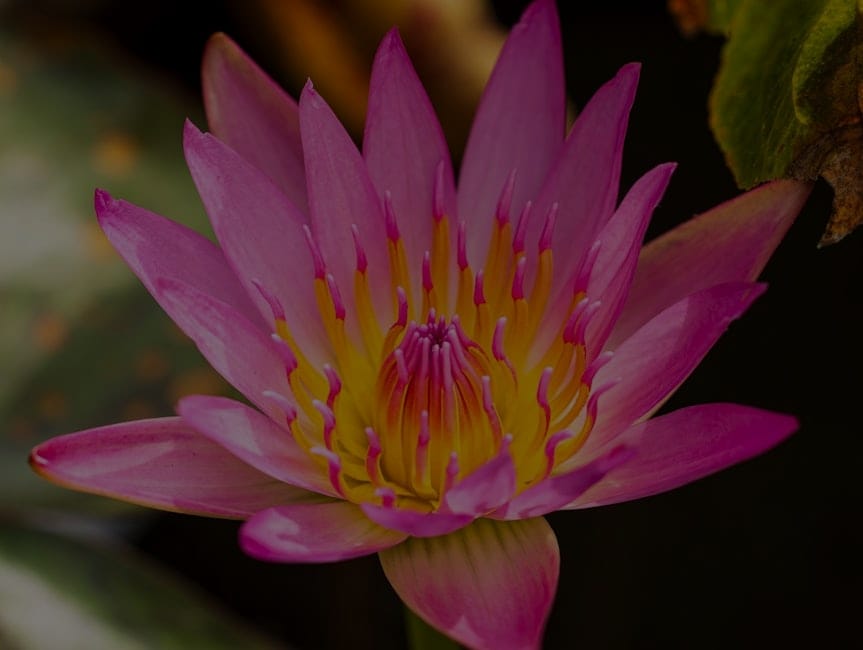**Abstract:** Discover how to transform your outdoor space with a Zen garden, using Feng Shui ornaments to create tranquility and harmony. Enhance your surroundings while promoting relaxation and mindfulness.
Understanding the Essence of a Zen Garden
A Zen garden is more than just an aesthetic addition to your outdoor space; it embodies a philosophy of simplicity and peace. Originating from Japan, these gardens encourage mindfulness and meditation. By incorporating natural elements like rocks, sand, and plants, you create a space that invites contemplation. The arrangement of these elements is crucial, as each component plays a role in establishing balance and serenity. When designing your Zen garden, consider how each ornament can contribute to the overall harmony of the space, allowing for personal reflection and relaxation.
The Role of Feng Shui in Outdoor Spaces
Feng Shui, the ancient Chinese practice of arranging the environment to promote positive energy, is essential when creating a Zen garden. By strategically placing ornaments and natural elements, you can enhance the flow of chi, or life energy, in your outdoor area. This practice encourages the use of specific colors, shapes, and materials that resonate with nature. For instance, using round stones can symbolize unity, while flowing water features can represent abundance and prosperity. Understanding these principles can significantly elevate the energy of your space, making it a sanctuary for rejuvenation.
Selecting the Right Ornaments
When choosing Feng Shui ornaments for your Zen garden, focus on items that resonate with your personal energy and the atmosphere you wish to create. Bamboo wind chimes, for example, can promote tranquility with their gentle sounds, while stone lanterns add a touch of elegance and guidance. Incorporating statues, such as Buddha or Kwan Yin, can enhance spiritual energy and invite peace. Each ornament should be thoughtfully selected to reflect your intentions, ensuring that your garden becomes a true reflection of your inner self.
<strong.Creating Balance with Natural Elements
Incorporating natural elements is vital for achieving balance in your Zen garden. Utilize rocks, gravel, and plants to create a harmonious environment. Arrange rocks in groups to symbolize stability and strength, while using gravel to represent water, which can help guide the flow of energy. Additionally, select plants that thrive in your climate and require minimal maintenance, such as succulents or ornamental grasses. These plants not only add visual interest but also contribute to the overall serenity of the garden, making it a peaceful retreat.
<strong.Maintaining Your Zen Sanctuary
Once your Zen garden is established, regular maintenance is crucial to preserve its tranquil energy. Dedicate time to raking the gravel, pruning plants, and cleaning ornaments to ensure that your garden remains a space of clarity and peace. This maintenance ritual can also serve as a meditative practice, allowing you to connect with your environment and reflect on your thoughts. By keeping your garden tidy and well-cared-for, you enhance its calming effects, ensuring that it continues to be a sanctuary for relaxation and mindfulness.
<strong.Conclusion: Embrace Tranquility in Your Outdoor Space
Creating a Zen garden with Feng Shui ornaments is an enriching endeavor that can transform your outdoor space into a haven of peace and harmony. By understanding the principles of Zen design and Feng Shui, selecting meaningful ornaments, and maintaining your garden, you cultivate an environment that promotes relaxation and mindfulness. Embrace the tranquility of a Zen garden, and let it inspire a deeper connection to nature and your inner self.










